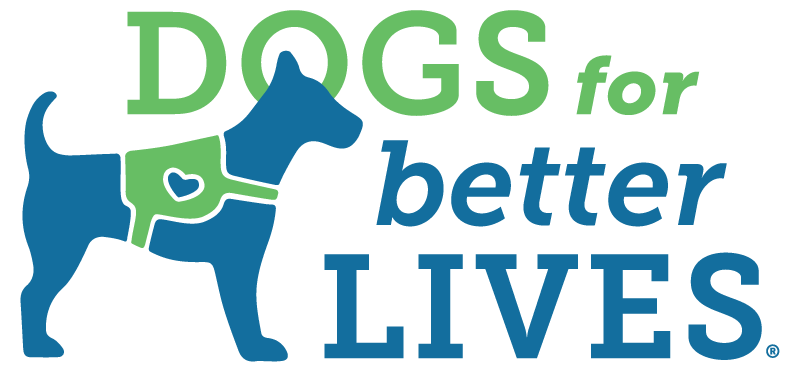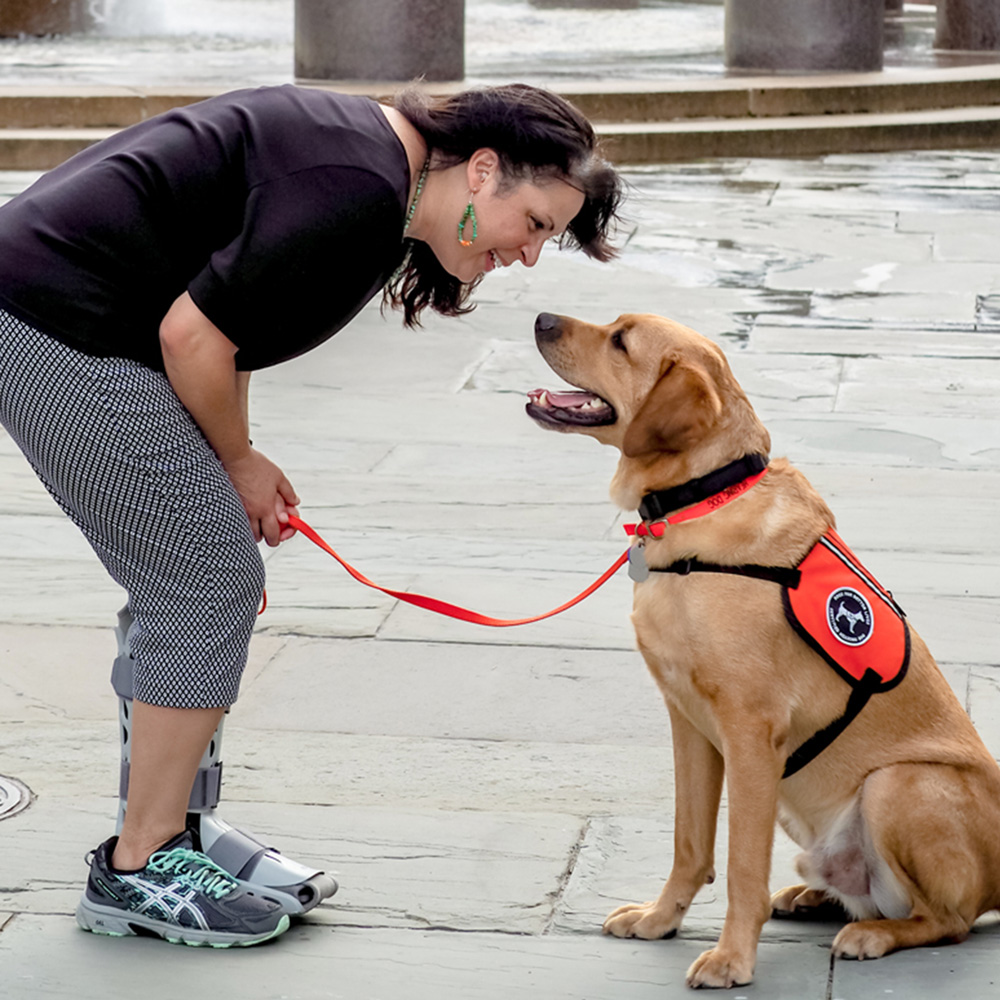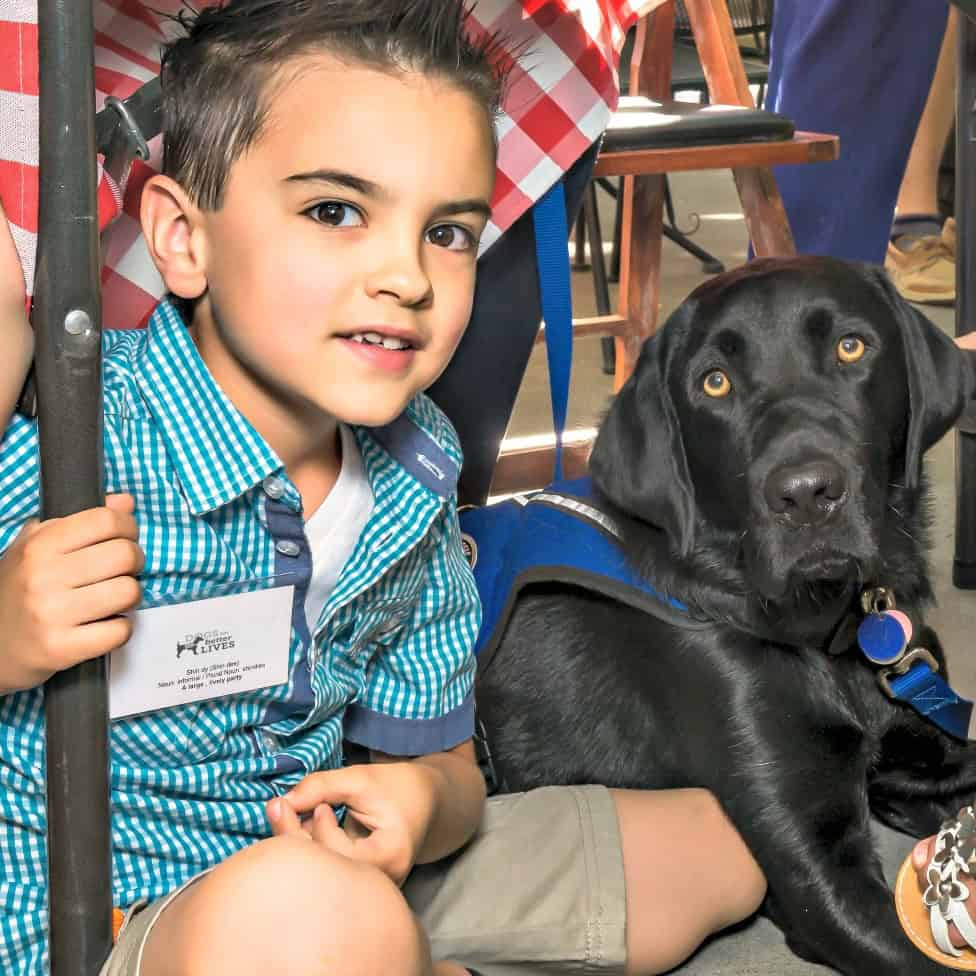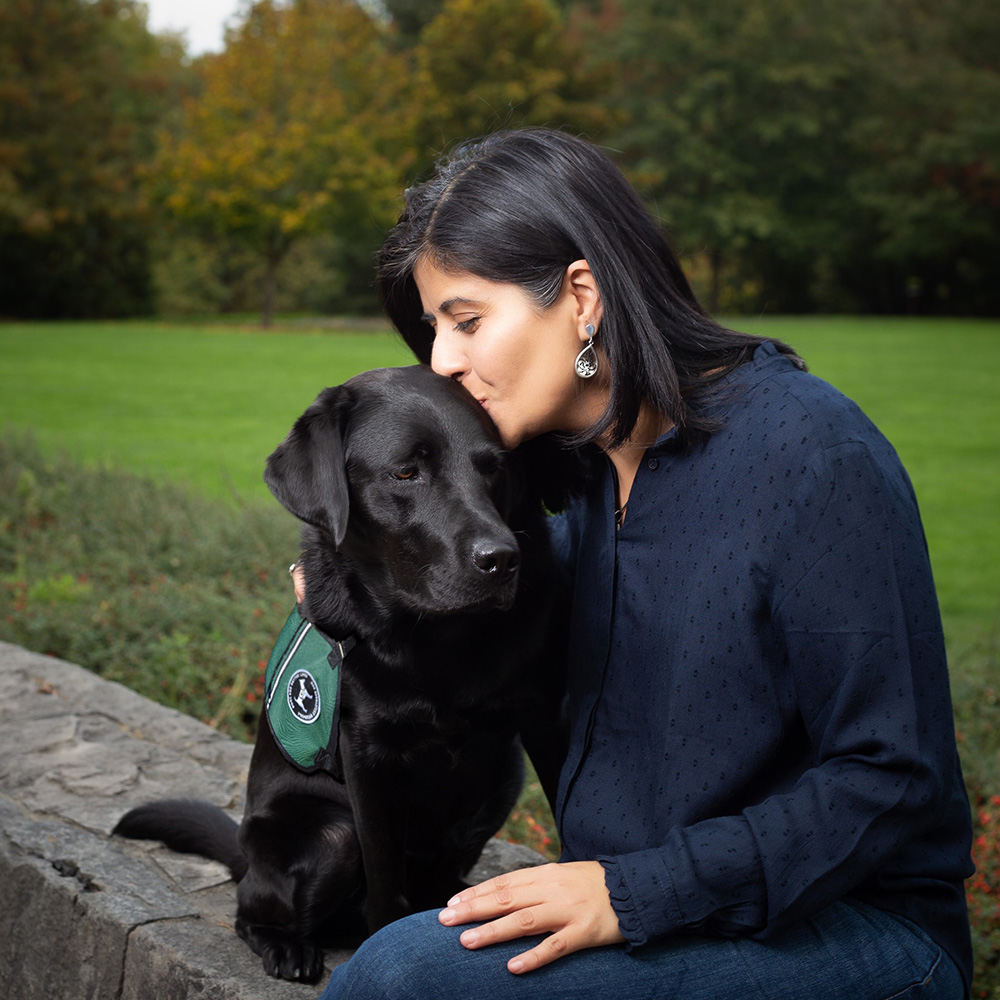Hearing Dog Program Requirements
About Our Dogs
We select dogs from area shelters based on temperament and age, not size, sex, or appearance. All of our Dogs receive extensive program work and obedience training. Hearing Dogs are trained to alert to sounds by making physical contact then leading you to the sound. Additionally, many of our Hearing Dogs are certified for public access.
Our standards and criteria for determining whether or not a dog is suitable for access to public places are very high. Only dogs that can ignore other dogs, handle being exposed to busy, noisy and crowded environments as well as comfortable with all types of people are appropriate to be in public.
When we match a dog with a client, we look at a variety of factors: the needs of the client both for work at home and in public, lifestyle and energy level and the confidence the dog has in new environments and situations. Dogs are matched with individuals based on the temperament of the dog and the lifestyle, personality, activity level, health, and environment of the person. We do not place dogs based on personal preference.
Home Environment
There can be no other dogs in the household with a Hearing Dog with the possible exception of a retired Dogs for Better Lives Hearing Dog. If you have other pets and are not willing to re-home them, your application may be denied due to the difficulties of having a professionally trained dog work around those types of distractions.
We typically require a fenced area attached to the home.
It is crucial to have full cooperation and support of all household members for a successful working team to develop.
Financial Commitment
The cost of feeding and caring for one of our professionally trained dogs could be over $1,500 per year. This includes but is not limited to food, toys, vet care, etc. This does not include any unforeseen illness or injury. The client is financially responsible for the dog’s care once the dog is placed with the person.
Personal Skills
A client must be at least 18 years old, willing and able to physically, mentally, and emotionally care for the dog without assistance.
The Hearing Dog is a trained working animal, not a pet. The entire training program is based on rewarding or playing with the dog every time they work. Consistent practice, patience, and praise are necessary for the dog to succeed.
Please remember that our dogs are not trained to be guard dogs. They are friendly, stable dogs that help people with different challenges and provide companionship only.
Before applying, please carefully consider the following points.
Our professionally trained dogs require:
• A minimum of one full year of training with you as a team
• Your total commitment and willingness to work with them daily
• Your ability to schedule practice sessions ahead of other pressing demands
• Your patience and positive attitude
• Play time and rewards for a job well done each and every time they work for you
• Exercise and mental stimulation on a daily basis
• Taking sole responsibility for the care of the dog so that the dog will bond with you
• Family members to refrain from giving the dog attention until the dog has completely bonded with you
• Attending an obedience training classes or hire a private obedience trainer as prescribed by your Dogs for Better Lives professional trainer

